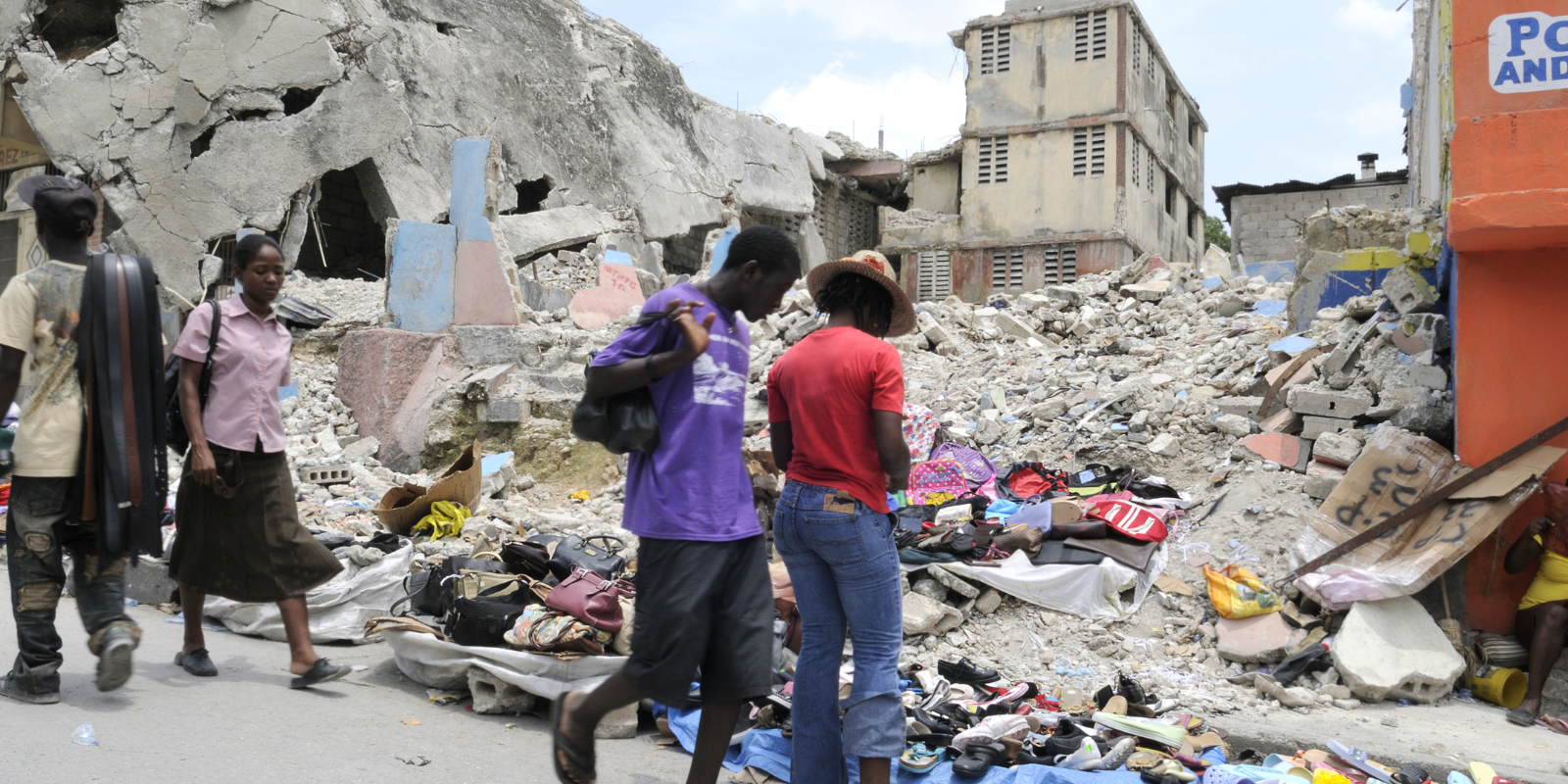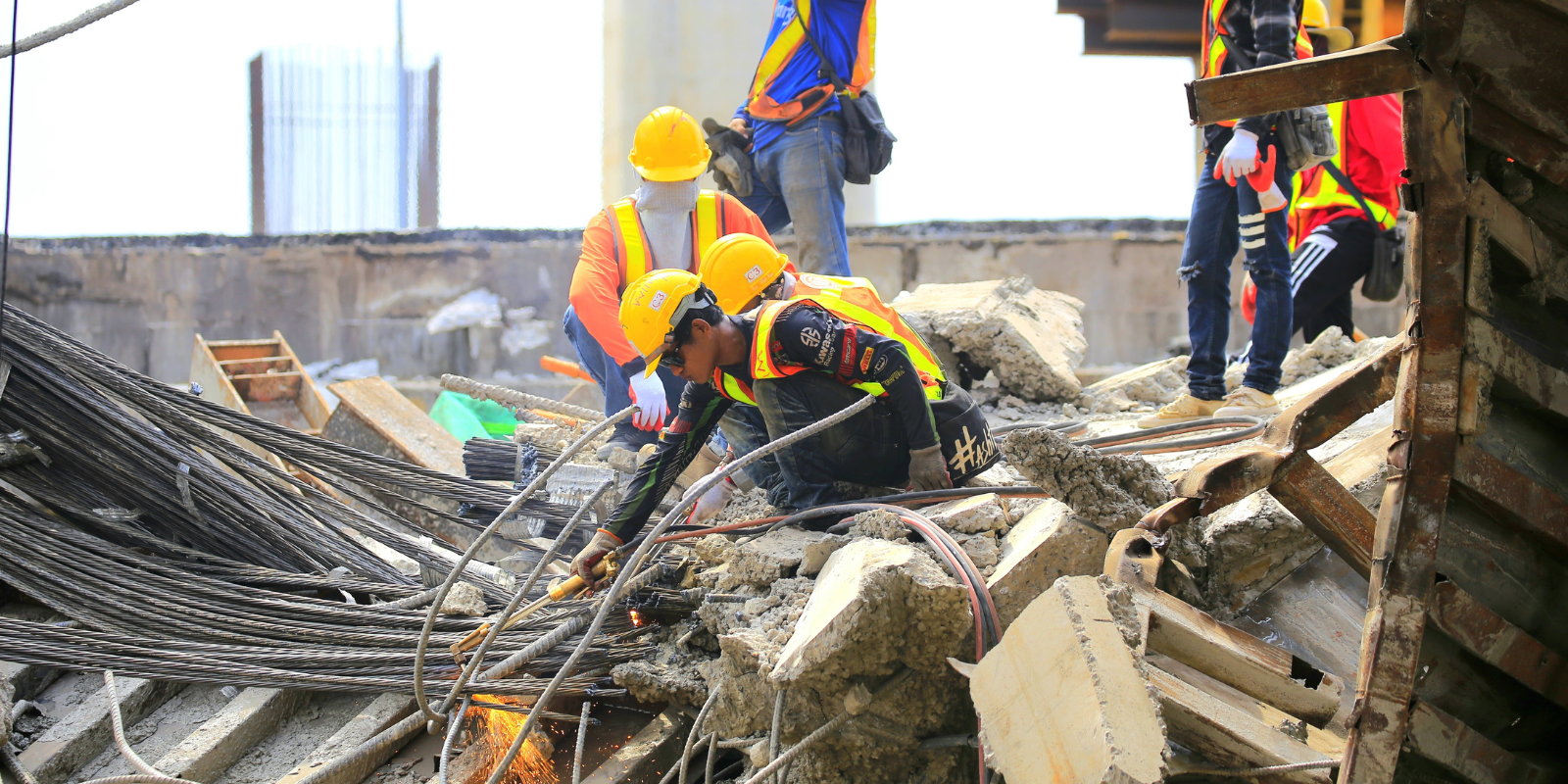Does going to daycare at a young age strengthen a child’s immune system later in life?
As an immunologist, I think the number one thing you can do for your kids' immune system is get their recommended immunizations. Immunizations start at birth, and people who are pregnant are recommended certain vaccines during pregnancy. That's a great way to give your kiddo a head start before they come into the world. But I would highly recommend vaccinating according to the immunization schedule that you can find on the CDC website.
That's the first thing. But as far as the question: Do kids who attend daycare have a stronger immune system than kids who don't or are homeschooled? I think we can say that the more exposure kids have to stuff out in the wild – the grocery store or athletic events or school or preschool or daycare or friends' houses – the more exposure they have to just all kinds of environmental pathogens and therefore, more opportunities to train and strengthen the immune system. The more exposures you have, the more practice and training for your immune system.
If you think about the hygiene hypothesis, which proposes that in places where people are really clean, there is less exposure to pathogens, which may result in an increased susceptibility to the development of asthma and allergies. However, there are some studies that are starting to call this hypothesis into question. Either way, if you're living in a completely sterile environment, you will not be exposed to anything, which gives your immune system nothing to train on.
Will a daycare environment where some children are vaccinated against flu, meningitis, etc., and some children aren't vaccinated cause problems for either group's immune system?
I'd start with a proposal – that we think of ourselves as a community of interconnected humans who take care of each other and do all that we can to keep our community members healthy and safe. We have vaccines for the pathogens that are deadly or are capable of causing serious harm to our community.
Everyone’s immune system is different. Some people will have an amazing response to the influenza vaccine, for example, and can be 100% ready to defeat the virus, while others might have a weaker response, have slightly decreased protection and can end up with an infection and a likely mild illness.
But then there are some people in our community who can't get vaccinated. In the daycare context, the MMR – the measles, mumps and rubella vaccine – is a good example. This vaccine is recommended at 12 months of age. If you have a daycare where there is a range of kids from six months to 12 years, and there are a handful of kiddos who are eligible but not vaccinated, the kids who can't get the MMR yet because they're not old enough are at greatest risk if one of the unvaccinated kids comes to daycare with measles.
Then, there are also people who can't get vaccinated because they've had an organ transplant and are on immunosuppressives that weaken their immune systems, rendering them more susceptible to illness. We, as a community, need to shield them by getting vaccinated.
Along those lines, there are people who are on chemotherapy because they have cancer, and their immune systems are also weakened. Maybe they had the vaccine in the past, but right now their immune systems are weakened. These individuals are also going to be more susceptible to infection and illness.
People who are 65 and older (think about your grandparents) also have weakened immune systems. Just like our knees and joints, our immune system starts to age; it's called immunosenescence. Our immune systems decline as we age; we actually make fewer immune cells over time because a very important organ called the thymus, that plays a role in the development of one of our most powerful immune cells, the T cell, shrinks as we age. That's part of what makes people 65 and older more susceptible to illness.
Is there anything you can do to slow down the aging process of the immune cells?
No. You could go online and type in “immune booster” or “make my immune system the fountain of youth,” and you'll likely find a multitude of products you could buy online. Sadly, the supplement and vitamin industry doesn't need FDA approval. They don't even have to have safety trials or clinical trials to show efficacy or safety. Supplements and vitamins are a billion-dollar-a-year industry and it's because people want to “boost” their immune systems and hack their health with an easy fix, but you really can't do that.
Follow your doctor’s advice. Exercise, eat a balanced and healthy diet and get enough sleep – all those help your body function better and ultimately help your immune system. You should only take vitamins or supplements if you're deficient and need to replace or augment the missing element to maintain normal, healthy levels.
For most healthy people who don't have any other conditions, there really is no better way to keep the immune system trained and ready to go than to get vaccinated. Vaccines are harmless forms of pathogen that work with your immune system to train and build memory cells, specifically memory B and T cells. When memory cells encounter the pathogens they’ve been trained on in the vaccine, they respond much more quickly and much more vigorously than a (naïve) cell that's never been trained. The next time you encounter that pathogen – ‘out in the wild’ at the grocery store or a soccer game – your memory cells are ready to fight!
At what age does your immune system fully develop, or does it ever stop developing?
Never. If our immune system topped off at say, age 12, and we couldn't respond to anything else, life expectancy would drastically decrease. Our immune systems are continually responding, learning and training. Think about SARS-CoV-2. This virus didn’t exist until 2019, yet we have immune cells that can respond to it. The immune system is tremendously diverse and capable of responding to pathogen and training throughout our lifespan.
Our immune systems start out as kind of a blank slate. Even at the very start, going through the birth canal, we’re exposed to a lot of ‘stuff.’ Newborn babies taking their first breath of air outside the womb are exposed to new and different pathogens. From day one, our immune systems are bombarded by pathogens and need to be responsive.
My husband, a pediatrician, and I have twins who are now in their late teens. When they were in preschool and then probably all the way through fourth grade, I feel like we were sick, all four of us, all the time. When does the barrage of never-ending illness with kids stop? It starts to slow down toward the end of elementary school but never stops. Our immune systems are always responding, training and building memory.





